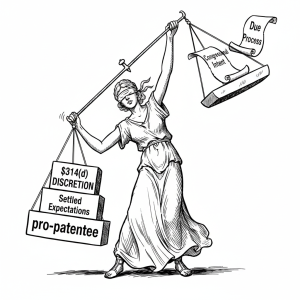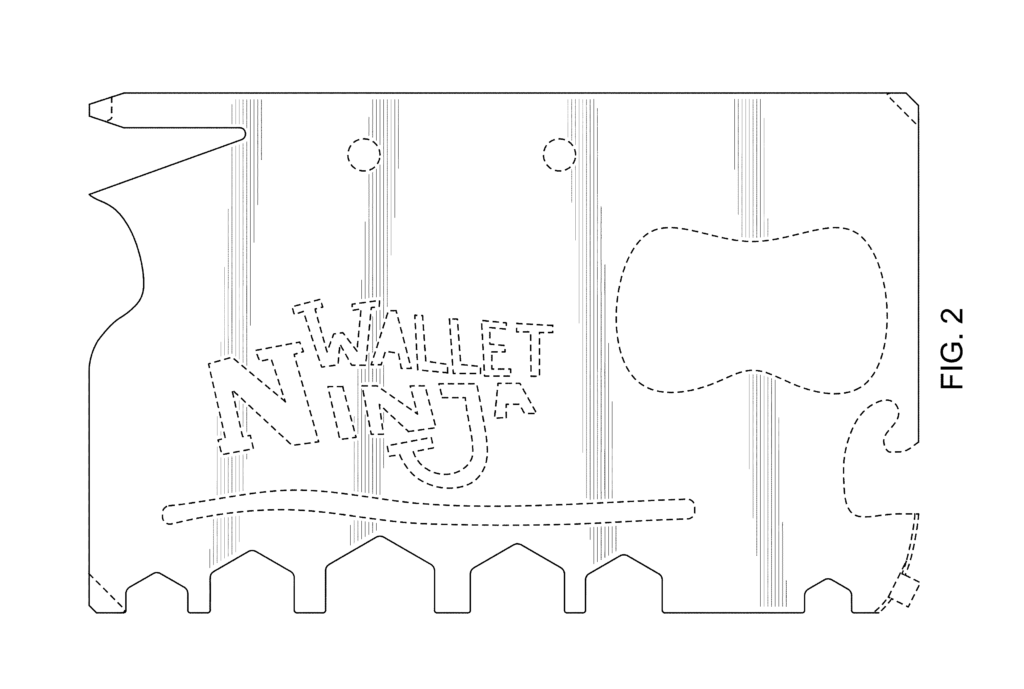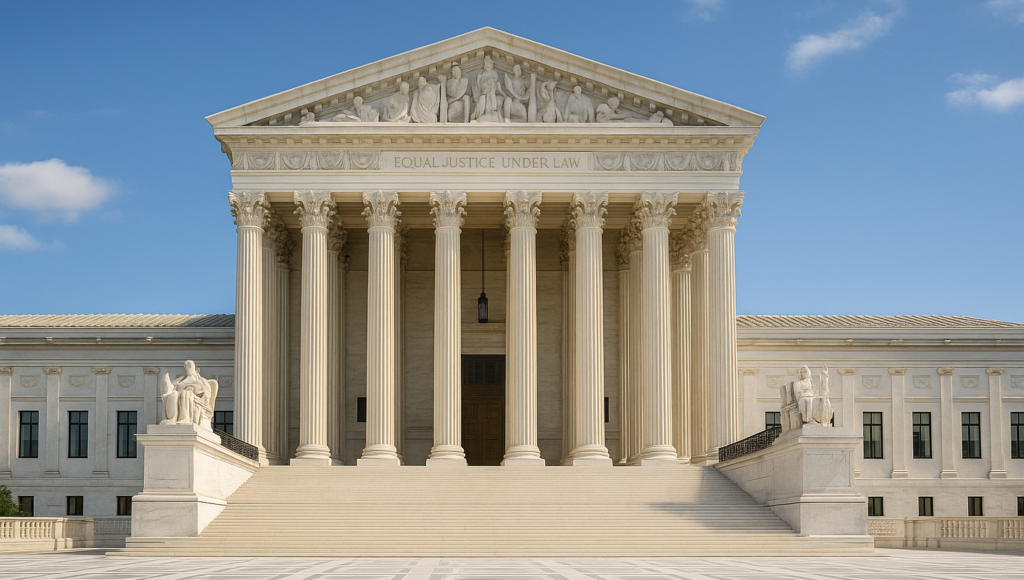Soon after taking office, newly confirmed USPTO Director John Squires formally delegated his discretionary authority over inter partes review institution decisions to Deputy Director Coke Morgan Stewart on September 25, 2025. Just one day later, on September 26, the agency exercised that delegated authority to deny institution in fifteen IPR petitions covering eight patent groups. The denial decisions, though brief (each under two pages of text), reveal continued reliance on the expanded “Fintiv” framework that weighs parallel district court proceedings, while also emphasizing “settled expectations” based on patent age and petitioner delay. Notably, one decision denied institution even though the parallel district court case had been stayed, marking another expansion of discretionary denial grounds beyond trial timing concerns. L’Oréal USA, Inc. v. Brightex Bio-Photonics, LLC, IPR2025-00971. In general, I’m thinking of identifying this approach as Centralized Expanded Discretionary Denial or more simply, the Stewart Framework.
Why "Centralized Expanded Discretionary Denial"? I refer to this as the "Centralized Expanded Discretionary Denial Framework" rather than "Fintiv" or its variants because the current practice has evolved far beyond the original trial-timing analysis. The framework now encompasses multiple independent grounds: parallel litigation timing (Fintiv+), parallel avoidance commitments (Sotera+), settled expectations, customer suits, roadmapping, equitable delay, and business relationships. "Centralized" reflects the 2025 shift from PTAB panel decisions to Director-level review, where the Director or Deputy Director personally exercises § 314(a) discretion rather than delegating these determinations to three-judge panels as was standard practice before 2025. "Expanded" or perhaps "Expansive" captures how denial grounds now extend well beyond timing to encompass equitable and strategic factors.
I expected that Director Squires would continue the discretionary denial approach that Stewart began several months ago. And, the delegation memo confirms ongoing business as usual. The new set of decisions show continued willingness to exercise discretionary authority across multiple scenarios: parallel district court litigation with unfavorable trial timing, customer suits where the petitioner is not directly accused, repeated challenges to the same claims after prior unsuccessful petitions, and cases involving long notice periods and business relationships between parties. (more…)






